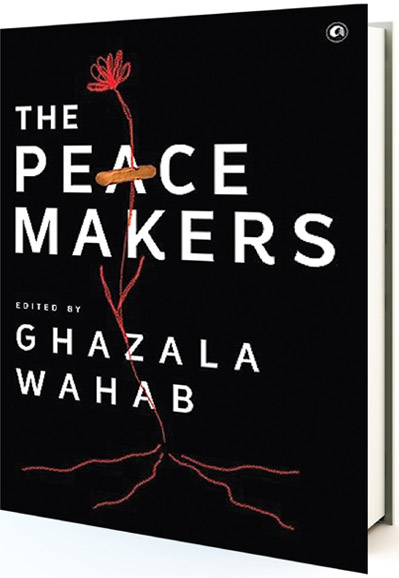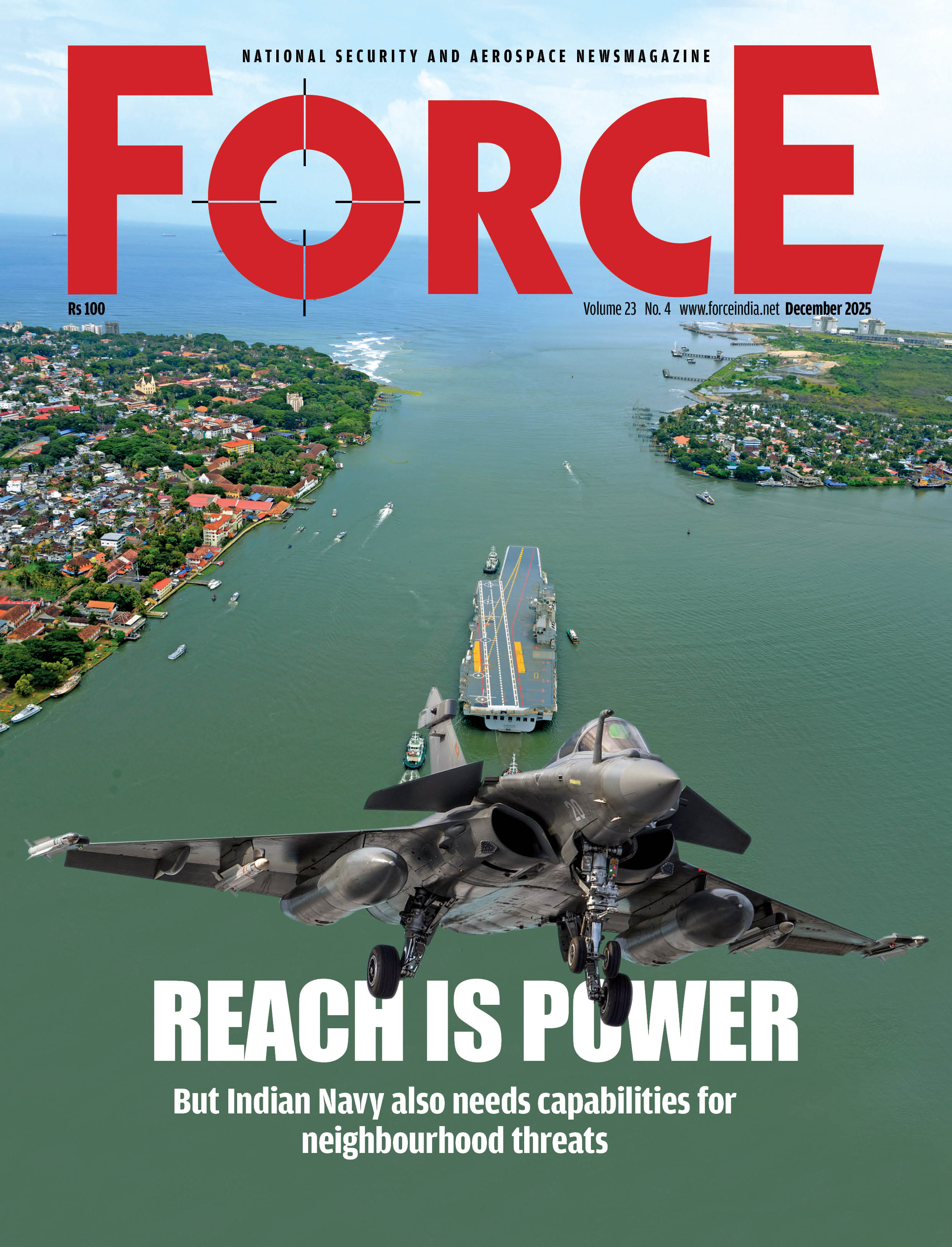No Peace Without Justice
How the conscience keepers of Kashmir are ensuring that silence does not become acquiescence. An extract
Ghazala Wahab

Both of us knew that it was only a matter of time before a ‘free’ Parvez, one of the most prominent and globally recognized Kashmiri human rights activists and the recipient of the Reebok Human Rights Award in 2006, became too much for the government. Just as both of us knew that he would not lie low. In an interview to a Kashmiri YouTube channel on 2 November 2020, he said that though the human rights situation in Kashmir has been bad for the last thirty years, since the revocation of Article 370, ‘The government has used its heavy military might to enforce silence in Jammu and Kashmir…. The government has criminalized all opinions contrary to the government position.’
Eventually, he was arrested on 22 November 2021 under the anti-terror Unlawful Activities Prevention Act (UAPA) and remains incarcerated since then. In November 2022, the Office of the High Commissioner UN Human Rights (OHCHR) demanded his immediate release. The OHCHR press statement read, ‘We are dismayed at the continued deprivation of liberty of Mr Parvez, in what is increasingly proving to be an act of retaliation against a human rights defender for his tireless work documenting and reporting serious human rights violations, including enforced disappearances and unlawful killings in Indian-administered Jammu and Kashmir.’ Also in 2022, Time magazine featured him as one of the 100 most influential people in the world.
I first became aware of the breadth of Parvez’s work in 2009. Like all peacemakers during the promising window of 2004-07, Parvez was also engaged in fashioning a peaceful and just future
Subscribe To Force
Fuel Fearless Journalism with Your Yearly Subscription
SUBSCRIBE NOW
We don’t tell you how to do your job…
But we put the environment in which you do your job in perspective, so that when you step out you do so with the complete picture.







